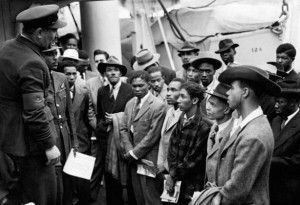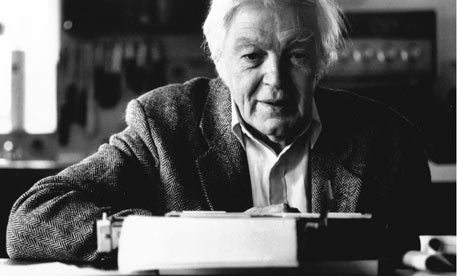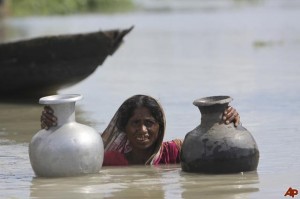
As football fever envelops the planet, with all eyes turned towards South Africa, I want you to imagine a different World Cup. Each country sends their national team as usual, but then all the players are pooled together and divided into teams based on their astrological star sign. So Virgos play Leos, and Aquarians are pitted against Aries, with each team having players from a mix of countries. Who would win overall? Perhaps the power of Taurus, the bull, would be no match for the sharp sting of Scorpio. We might imagine other World Cups, where teams are based on shoe size – the clodhopping size elevens against the nimble-toed eights – or maybe the favourite colour of each player. Continue reading





 Sasha Abramsky is one of the most original and politically insightful investigative journalists writing in the US today. He is best known for books such as
Sasha Abramsky is one of the most original and politically insightful investigative journalists writing in the US today. He is best known for books such as 